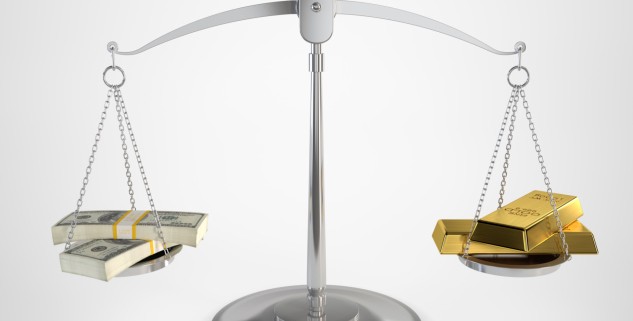Two things you need to know before you buy an e-commerce business
Make sure you have all the Paper Work you need before you Hire Someone to Do Due Diligence
In my years of doing due diligence for business buyers, the biggest complaint received from buyers is that the information presented on the web, or by the listing broker, does not match up with the information received from the seller after a deal has been negotiated.
The second-biggest complaint is that the reports supplied by the seller gives gross income and gross profit but does not give a reliable picture of the true profit.
By the time the buyer figures this out, a CPA or other experienced person has been paid to interpret the information provided as part of the due diligence. The professional finds that he needs a lot more information than has been provided. This is where the misunderstanding begin.
The seller is a computer and retailer genius. His interest as a businessman is the hit traffic to the website, conversions to produce buyers and gross profit generated. (Gross Profit is Sales minus the direct costs of buying the product, and freight-in.) Since most one-man e-commerce websites do not keep normal financial records the buyers can not consummate a deal with only this information.
Getting Your Records in Order
I have two cases this week. In one I was hired by the buyer, the other by the seller. In both cases, the lack of expense data and back up on the income data has stopped due diligence from proceeding. In both cases the buyers are very interested in buying and the sellers are very interested in selling. This is normally a wonderful situation, except the seller needs to put his records in a condition that a CPA representing the buyer and the buyer himself can see a true picture of the business. This can take 25 hours plus or minus for the bookkeeping and 5-20 hours for the CPA signed financial reports.
This requires having a qualified bookkeeper or CPA to create a full and proper set of accounting records, followed by a CPA creating financial reports. This cost is usually less than ½ of 1% of the asking price, with two payoffs to the seller. First he can actually make a deal. Second he can get a higher price because the confidence of the buyer will be high. There are four grades of accounting reports, each one costing more than the prior one, but each one disclosing more information a buyer wants to see. The more information the CPA discloses in the reports, the more the report can be relied on.
Summary: Buyers should not buy without a CPA signed financial report provided by the seller and a due diligence expert reviewing these reports and the other key e-commerce items that make or break a deal.
Creative Commons Attribution: Permission is granted to repost this article in its entirety with credit to Business Buying Services and a clickable link back to this page.
Image credit: vasabii istock








Leave a Reply
Want to join the discussion?Feel free to contribute!